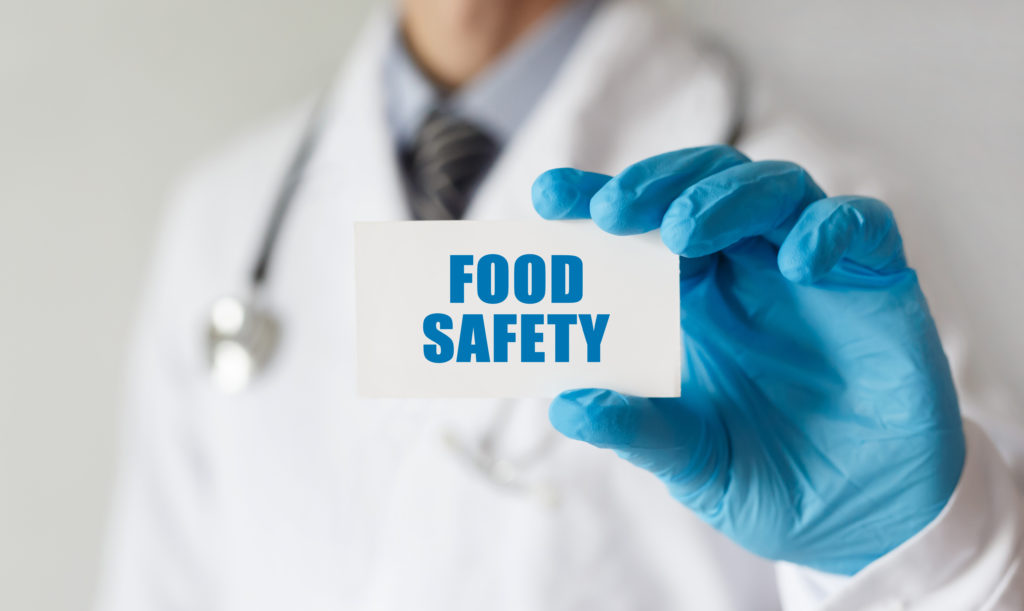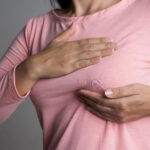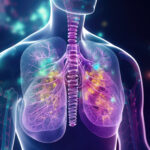
The topic of food safety is particularly appropriate at the present time given our heightened societal concern about becoming ill, brought on by the coronavirus outbreak. It bears mentioning that, to date, there’s no indication that COVID-19 can be transmitted via food. However, this is a good time to review proper food safety practices to keep risk of foodborne illness low—particularly for cancer patients undergoing treatment.
Fast Facts
- The Centers for Disease Control and Prevention (CDC) estimates that 48 million individuals get sick from foodborne illness in the US each year; of those, 128,000 are hospitalized and 3,000 die.
- According to the World Health Organization (WHO), cancer patients undergoing treatment have an increased risk of contracting foodborne illness to up to >1000 times the risk of the general population. The actual risk is based on the type of cancer, type of treatment, and the specific pathogen.
Why are cancer patients at increased risk?
Cancer treatments can affect your body’s ability to fight illness. Treatments will often decrease the number of white blood cells in the body, which compromise the immune system. Unlike other blood markers, white blood cell levels are not affected by dietary changes. Therefore, when undergoing cancer treatment, it’s a good idea to be extra aware and vigilant regarding food safety practices.
Foodsafety.gov classifies the main food safety actions into 4 main steps:
- Clean
-
- Cleaning applies to hands, surfaces, food (as appropriate), utensils, etc.
- Thorough handwashing can be accomplished in 20 seconds by scrubbing with soap under running water. This should be done often during the preparation and cooking process.
- Surfaces should be washed well, with a disinfectant product, before and after cooking.
- Clean produce under running water; but skip washing meats (this can result in transmission of the bacteria elsewhere in the kitchen and is unnecessary since cooking takes care of meat food safety).
- Separate
-
- This rule applies to foods and surfaces—from store to serving. In the store, keep raw proteins separate from other foods, in the basket and shopping bags, and use bags provided to create a physical barrier with surfaces and other foods.
- Keep raw and cooked foods separate by using different cutting boards and dishes.
- Cook
-
- Certain foods need to be cooked to different temperatures to prevent foodborne illness.
- A cooking temperature cheat sheet can be found here.
- Use a food thermometer to be sure!
- Chill
-
- Refrigerate/freeze food, as recommended, promptly.
- This means putting away perishable food in the fridge within 2 hours; thaw foods in the refrigerator.
For more specific tips on lowering risk of foodborne illness during cancer treatment, visit the American Cancer Society.








